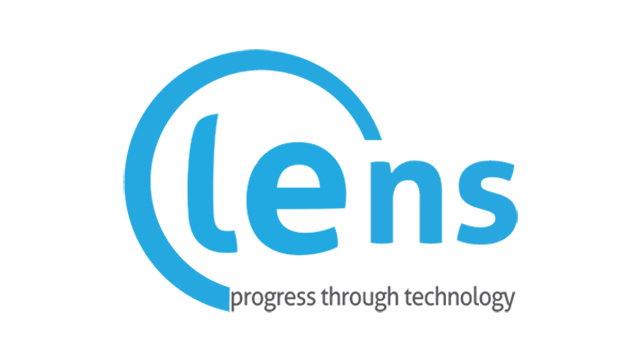This report and the accompanying activities were implemented by Lens as part of the project: “Regional CSO platform advocating social innovation under social and employment policies that guarantees security for youth at risk” supported by the European Commission Civil Society Facility funds, and implemented by a partnership of six organizations from Western Balkan and Turkey.
Social theorists have established that better connected people do better in life, but an individual’s social networking is limited by many factors, living area, ethnic background, low income. They all represent barriers for social development and can lead to marginalization.
Over the past decades, we have witnessed technology reshape our lives, soon after online media and social networks drastically changed the way we network, communicate and find information.
The multidimensional impact that social networks have had over our lives has created new habits and introduced innovative ways to incorporate ICT as a tool in our activities. Thanks to their reactivity and wide reach out, people have been using social networks as a tool to promptly and effectively address community, business or individual needs. Spreading news about natural disasters, community engagement and initiating debates, are just a few examples of their versatility and usability.
The emerging of online social networks have also proven effective in helping individuals to get in touch with recruiters, gather information about the companies they want to work for, and build a network of influences before they even get the chance to gain work experience. Companies that have seen the importance of a good online presence for their business seem to be benefiting from the use of social networks, and in the meantime these networks have created jobs that not long ago didn’t exist. More and more companies are linking their social media strategy with finding new talent. Throughout the region we have witnessed an increased use of social networks in general, employers are beginning to take advantage of the audience they have built in social networks to advertise vacancies.
Online networking has been positively linked to building and reinforcing social capital (V. Benson et al., 2014) by providing simple means of knowledge management, helping in building social capital, and establishing an online presence. But how can a young person use social networks for their professional benefit, which are the issues for attention in order to best present oneself and keep track of ones opportunities for employment? And can youth use more effectively Internet and social networks to find work?
This chronicle focuses on the influence of online media in youth employment, it shows the current internet usage across Western Balkans and Turkey, popularity of social networks and further on it explains issues for attention, and it gives insight about the use of social networks as a tool to improve youth employability and increase youth participation in the job market.
The full report can be found here.
